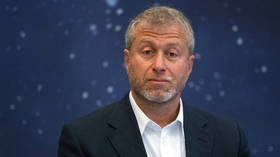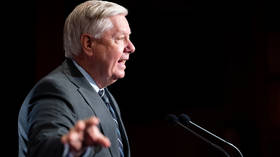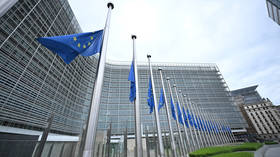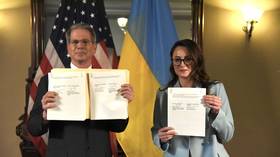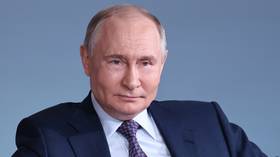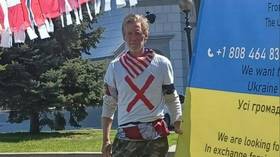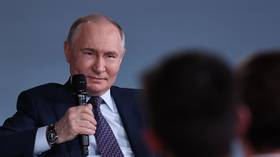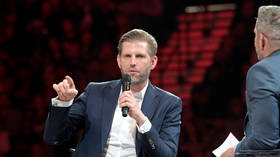Kremlin comments on Abramovich’s role in Ukraine peace talks
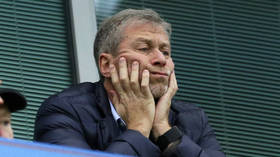
Russian billionaire entrepreneur Roman Abramovich is involved in the ongoing peace talks between Moscow and Kiev in Istanbul in an unofficial capacity, Kremlin spokesman Dmitry Peskov confirmed on Tuesday.
The London-based investor and target of a suspected poisoning plot was spotted in the Turkish capital mingling with senior officials, including the host of the talks, President Recep Tayyip Erdogan.
When asked about the role of the billionaire, who is the subject of Western sanctions, Peskov said he was “involved in providing certain contacts between the Russian and the Ukrainian sides,” but stressed that Abramovich was not “a formal part of a delegation.”
The presence of Amramovich was approved by both sides, Peskov said.
The Russian official also commented on claims made on Monday by some Western outlets that Abramovich and two Ukrainian officials taking part in the effort to resolve the Ukraine crisis may have been poisoned. The allegations were “part of information warfare” and “were certainly not true,” Peskov said.
The claim of a poisoning plot as peace talks were taking place was reported by the Wall Street Journal and Bellingcat. The newspaper’s sources and the “citizen investigation” outlet claimed Abramovich and Ukrainian officials suffered from similar symptoms, which could have indicated a chemical weapons attack – or possibly a microwave weapon attack. The culprits presumably were “hardliners” in Russia wishing to sabotage the peace process.
The government in Kiev appeared to have tacitly endorsed the poisoning narrative – at least as a hypothetical threat when speaking to Moscow. Foreign Minister Dmytro Kuleba said he would advise “anyone going for negotiations in Russia not to eat or drink anything and preferably not to touch any surfaces.”
The reported incident happened in Kiev in early March during a discussion that did not involve any Russian officials. It was reported ahead of a new round of Russian-Ukrainian talks hosted by Turkey, which was announced days in advance.
US officials told Reuters they were skeptical about the claim and intelligence available to Washington indicated that the symptoms were environmental.
